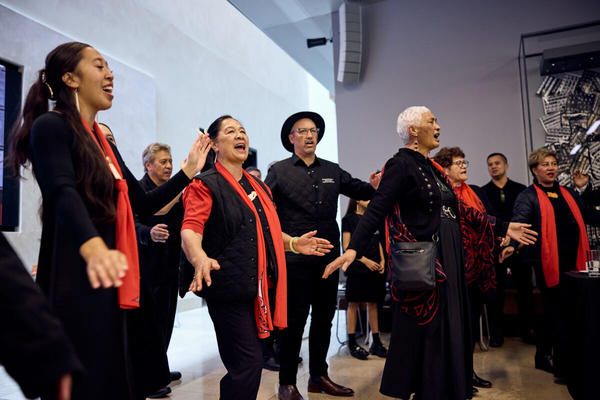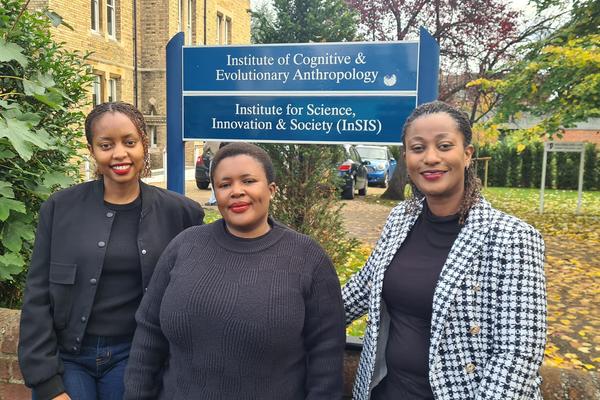Social bonds built by football coaching in prisons found to help reduce reoffending
Groundbreaking research by Dr Martha Newson and Professor Harvey Whitehouse reveals positive impact by Twinning Project and football on prison crisis.
The research, published in Nature Human Behavior, on Monday 14 October, highlights the significant positive impact of the Twinning Project on reducing adjudications (hearings for offences against prison discipline) within the England and Wales prison system, shedding light on the critical role of social bonding in improving behaviour and attitudes in prisons.
Social bonds improve behaviour and wellbeing in prison: Twinning Project football results
This new research unites anthropological approaches with experimental psychology to suggest that interventions combining strong social elements and educational appeal can help combat stigma and facilitate the successful reintegration of individuals into the community upon their release, with the aim of breaking the cycle of reoffending.
Our approach to reducing crime and recidivism is rooted in years of anthropological research into the power of cohesion to override selfish impulses and motivate prosocial action. Some of our core ideas arose originally from my fieldwork with communities in Papua New Guinea. But we’ve gone on to turn those ideas into hypotheses that Martha and I and many other collaborators at our centre have been able to test and refine using the methods of experimental psychology.
Professor Harvey Whitehouse, Centre for the Study of Social Cohesion
The findings, which are the first of their kind at such a scale, have significant implications for prison policy and practice at a time when incarceration rates are climbing globally and the England and Wales prison system faces challenges such as overcrowding, self-harm and other behaviour issues. The findings demonstrate the need for investment in interventions that promote positive societal norms and values to reduce crime and pressure on prisons.
Our study highlights the transformative potential of shared experiences in fostering pro-social identities among incarcerated individuals. By leveraging the power of social bonding, we can work towards reducing recidivism rates and building safer communities.
Dr. Martha Newson, Centre for the Study of Social Cohesion
Dr Newson and Professor Whitehouse worked closely with the Twinning Project, a football-based initiative aimed at reducing reoffending rates in England and Wales and around the world. They provides regular sessions with football coaches from Premier League and EFL football clubs co-delivered with prison Physical Education Instructors, to empower people in prison to earn FA-accredited qualifications and improve their chances of rehabilitation while in prison and ultimately their prospects for employment upon release. The study was conducted in 45 of over 70 UK prisons where the Twinning Project has been delivered.
Key findings from the study include:
- 50% Reduction in Adjudications: Participation in the Twinning Project significantly predicted fewer proven adjudications (hearings for offences against prison discipline), compared to a matched control group, demonstrating a clear effect of the intervention on behaviour in prison.
- Enhanced Social Bonding: Participants showed increased identification with the Twinning Project over the course of the programme, which in turn was associated with behavioural improvements.
- Optimism and Reintegration Support: The study found that increased optimism about the future, including employability and chances of staying out of prison, were linked to bonding to the Twinning Project, indicating the prominent role social identities play in successful reintegration.
- Social Bonding Post-Release. An additional online survey among formerly incarcerated people in the UK and the US showed that social bonds to positive groups (e.g., one’s country) were linked to less criminal behaviour and weaker pro-criminal attitudes and stronger optimism about the future.
- Receiving Communities’ Attitudes. Six online studies in the UK and USA demonstrate that interventions like the Twinning Project are perceived positively among receiving communities. Awareness of such programmes and feeling a social bond with formerly incarcerated people consistently predicted willingness to hire them in employment and optimism that they can succeed after prison.



















